Cancer is a disease that affects millions of people around the world, and while there is no reliable way to prevent it still there are several things we can do to reduce our chances of developing it. Amongst all, there is the 7 best food for cancer prevention which is food that fight against cancer that you can have.
One of the most important is to maintain a healthy diet, as the foods we consume have a significant impact on our overall health and well-being. Here will go over some of the best cancer-prevention foods and why they are so beneficial.
Well, it’s important to eat a balanced diet that includes a variety of fruits, vegetables, whole grains, and lean proteins. Limiting processed and red meat, as well as sugary and fried foods, can also help to reduce your risk of cancer.
By making small changes to your diet and lifestyle, you can take steps to prevent cancer and improve your overall health and well-being.
Page Contents
The 7 Best Food For Cancer Prevention or Food That Fight Against Cancer is below:
1. Leafy Greens
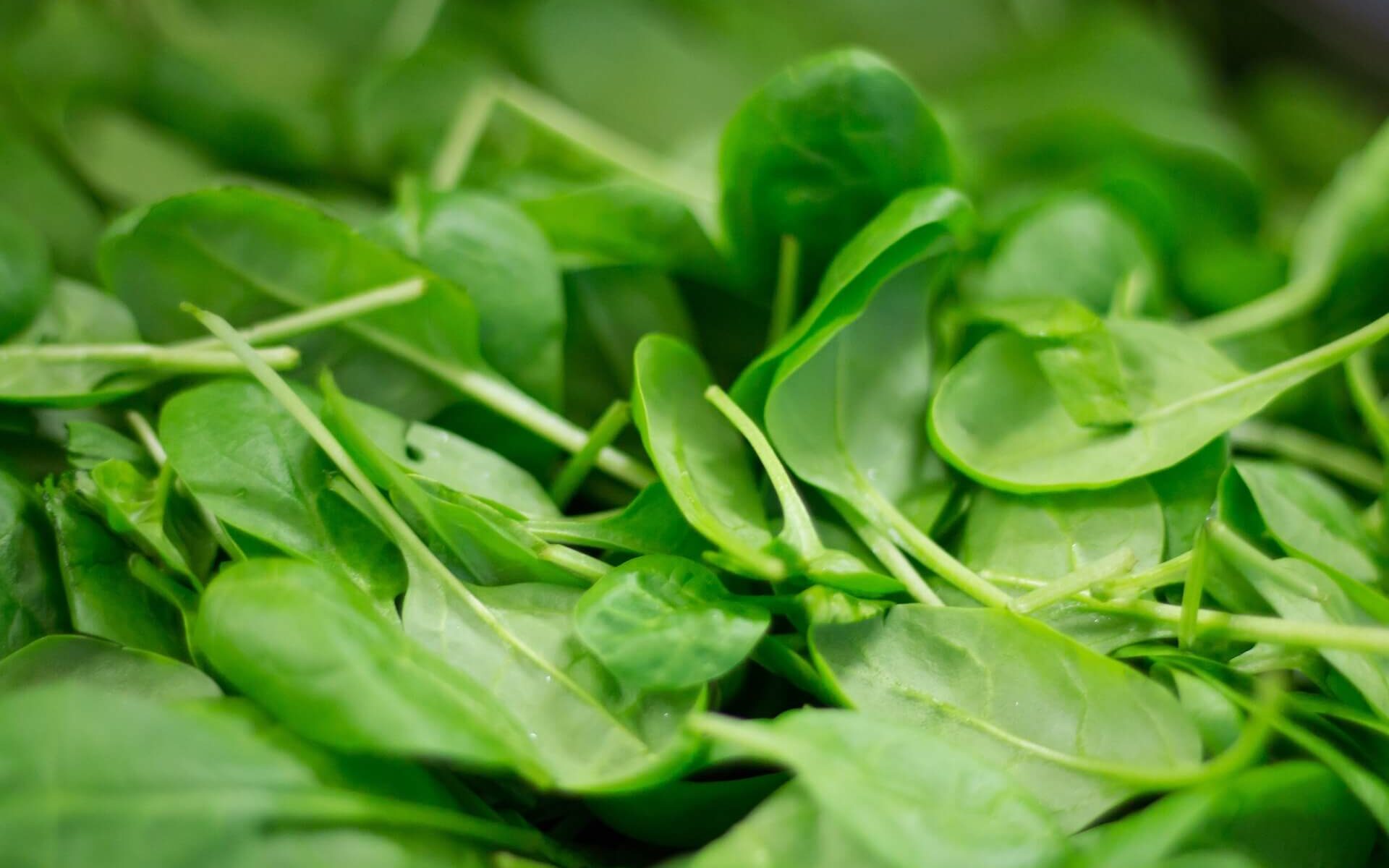
Leafy greens such as spinach, kale, and arugula are packed with antioxidants and other nutrients that help prevent cancer. Green Vegetables are rich in folate, a B vitamin that helps in repairing damaged cells and helps in dividing the cells.
As the multiplication of cells leads to cancer in a particular place so the cells must be in a divided state and they also contain phytochemicals that can help in fighting against cancer cells.
These greens are also a good source of fibre, which helps promote healthy digestion and can lower the risk of colon cancer.Best food for colon cancer is these leafy greens.
Leafy greens are not only high in antioxidants and fibre, but they also contain chlorophyll, a compound that has been shown to have anti-cancer properties.
To include more leafy greens into your diet, you can add them to salads, smoothies, soups, or sauté them as a side dish which is tasty as well.
2. Berries
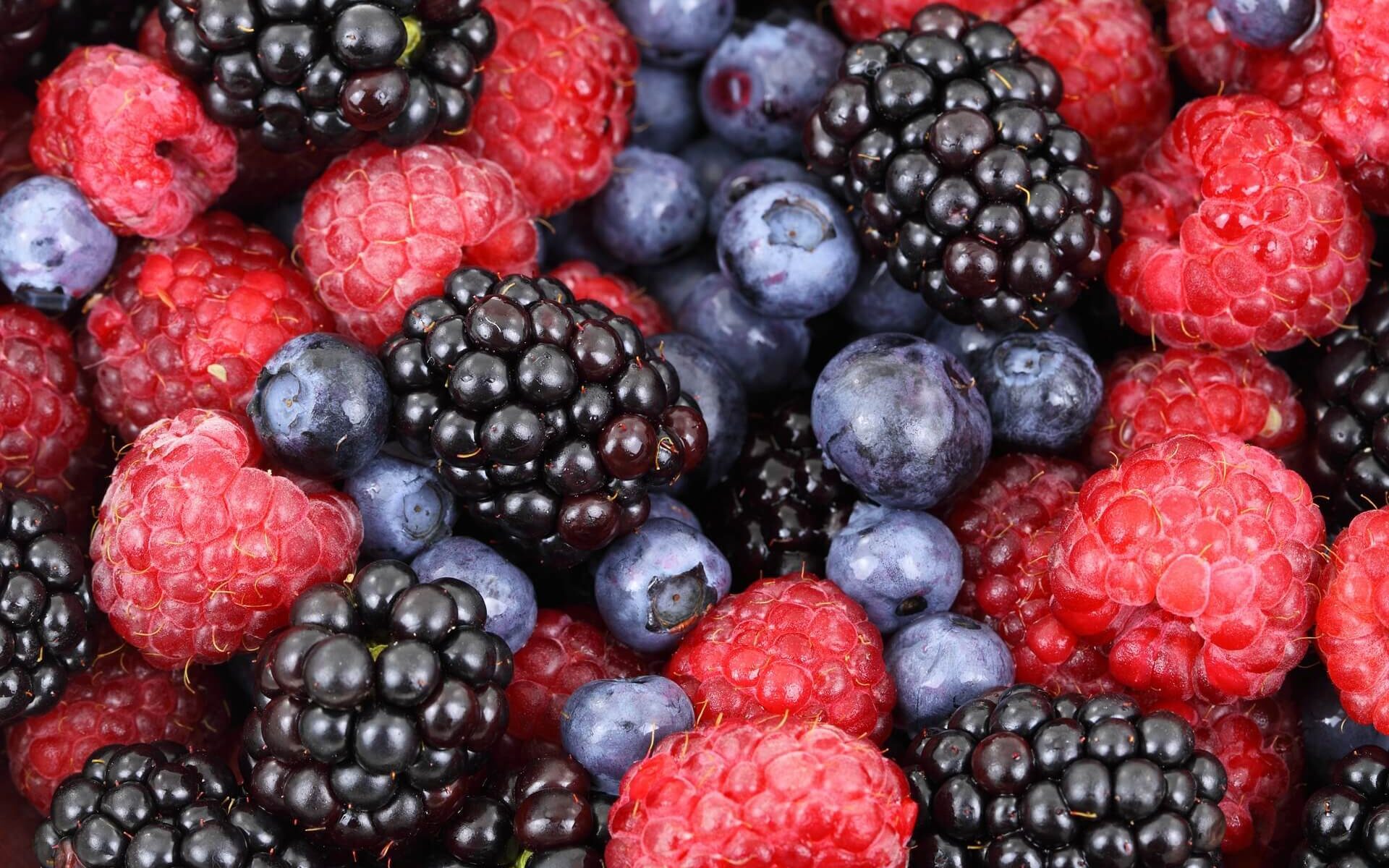
Berries, such as blueberries, strawberries, and raspberries, which are high in antioxidants that helps in protecting cells from damage and thus helps prevent cancer from developing in the body.
Berries also contain phytochemicals, which have been shown to have anti-cancer properties. Berries are also a good source of fibre, which can help to reduce the risk of colon cancer.
Berries are also rich in vitamin C, which helps to boost the immune system and prevent cells to be damaged. They can be eaten as a snack, added to yoghurt or oatmeal, or blended into a smoothie. It always enhances the taste as well which is easier to consume in a diet.
3. Cruciferous Vegetables
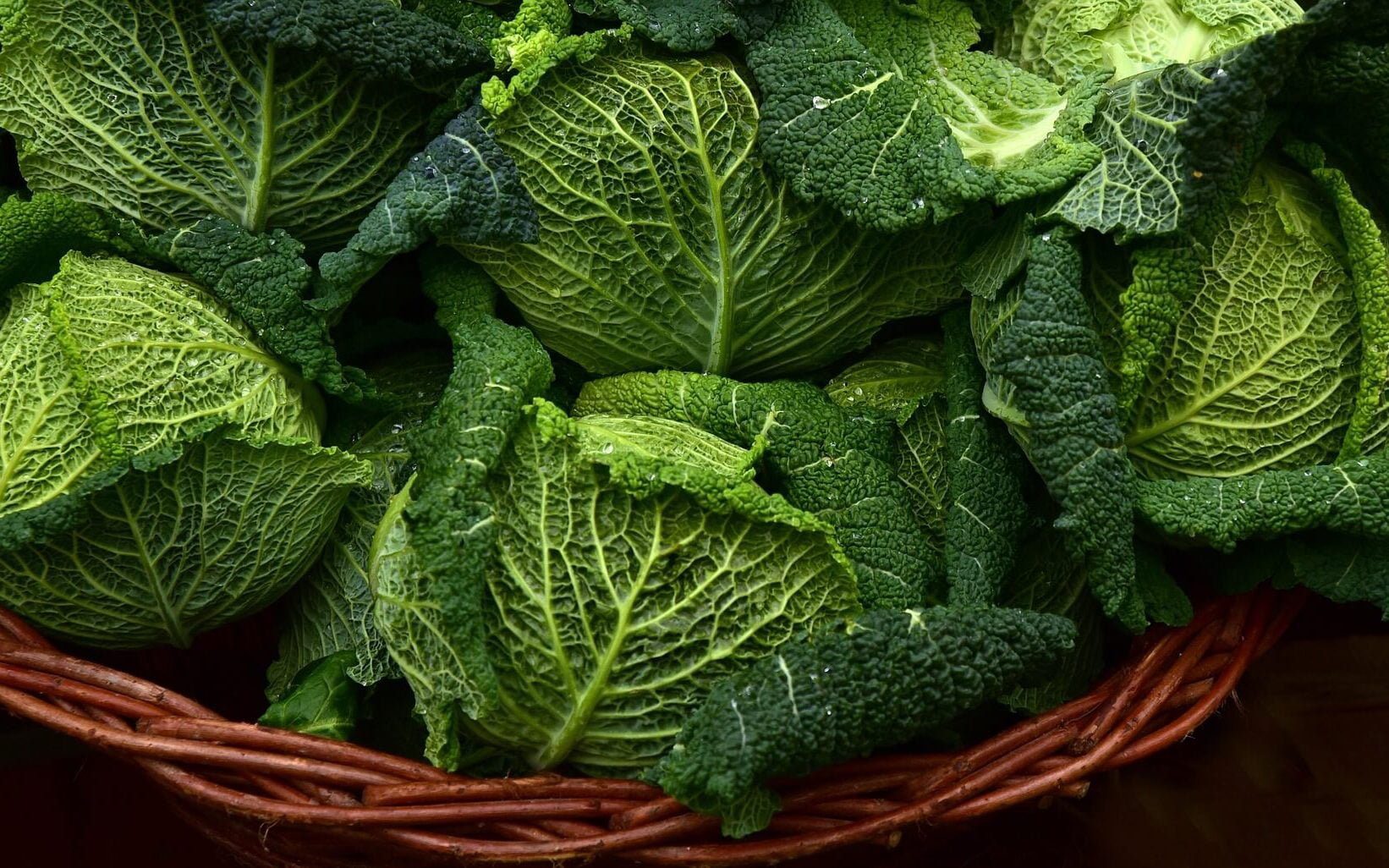
Cruciferous vegetables, such as Arugula, Broccoli, Brussels sprouts, Cabbage and Cauliflower contain compounds that have been shown to have anti-cancer properties.
These vegetables are rich in sulforaphane, which calms the inflammation in the body that has been shown to help prevent cancer cells from growing and spreading.
They also contain indole-3-carbinol, which can help lower the risk of several types of cancer especially breast, colon, and lung cancer.So it is the best food for colon cancer.
To get the most out of cruciferous vegetables, it’s best to eat them raw or lightly cooked. You can add them to salads or stir-fries, or roast them with a little olive oil and garlic for a delicious side dish.
4. Garlic
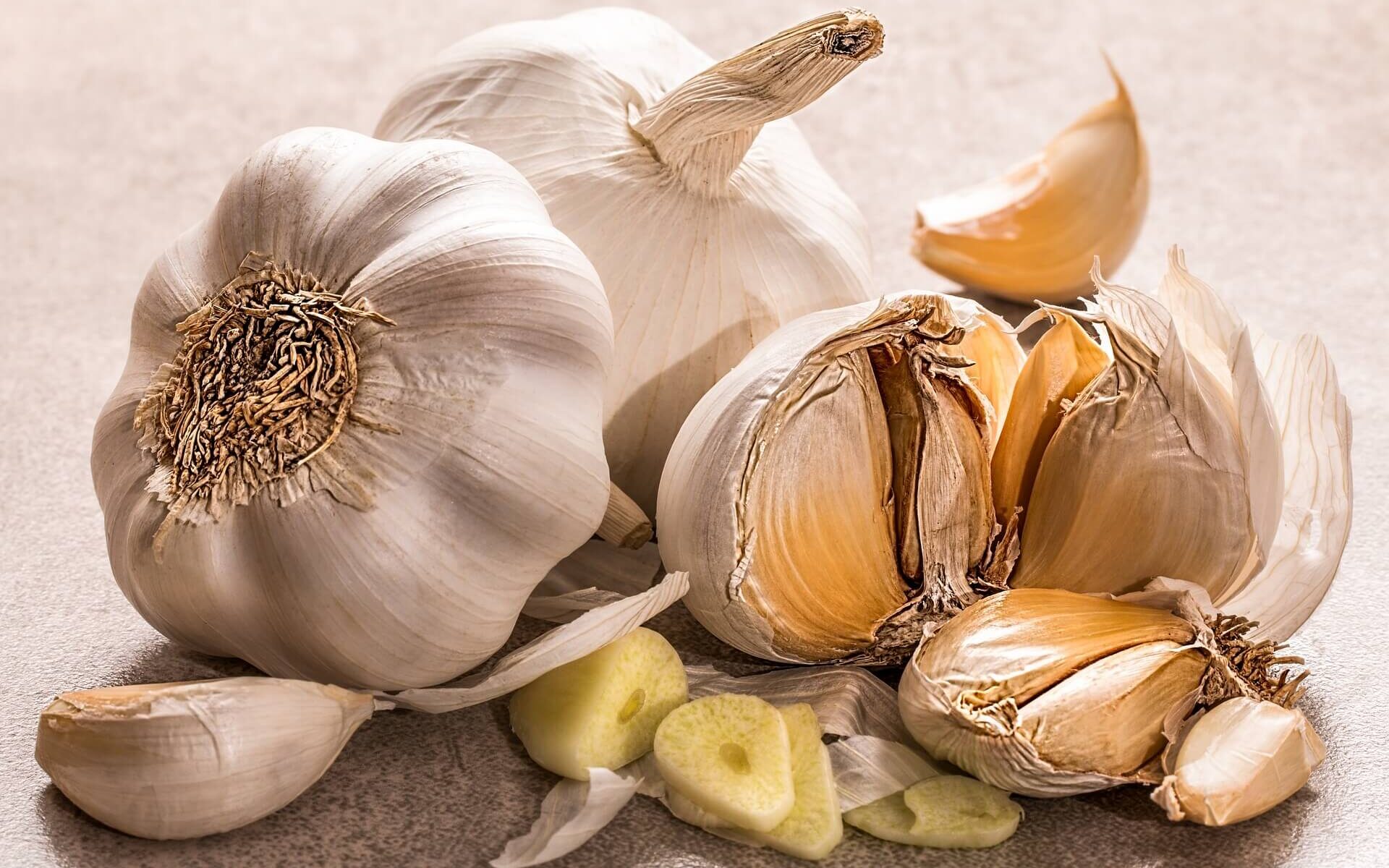
Garlic usually has many health benefits and one of those benefits has the prevention of cancer in the body. Garlic has some compounds that can help to reduce the risk of stomach and best food for colon cancer.
Garlic is also a good source of allicin, which has been shown to help reduce the risk of several types of cancer, including breast, stomach, and colon cancer.
Garlic can be used in a variety of dishes to add flavour and nutrition. You can mince it and add it to sauces, stir-fries, and soups, or roast it and spread it on bread. It always enhances the taste of food so people widely use it in their food.
5. Turmeric
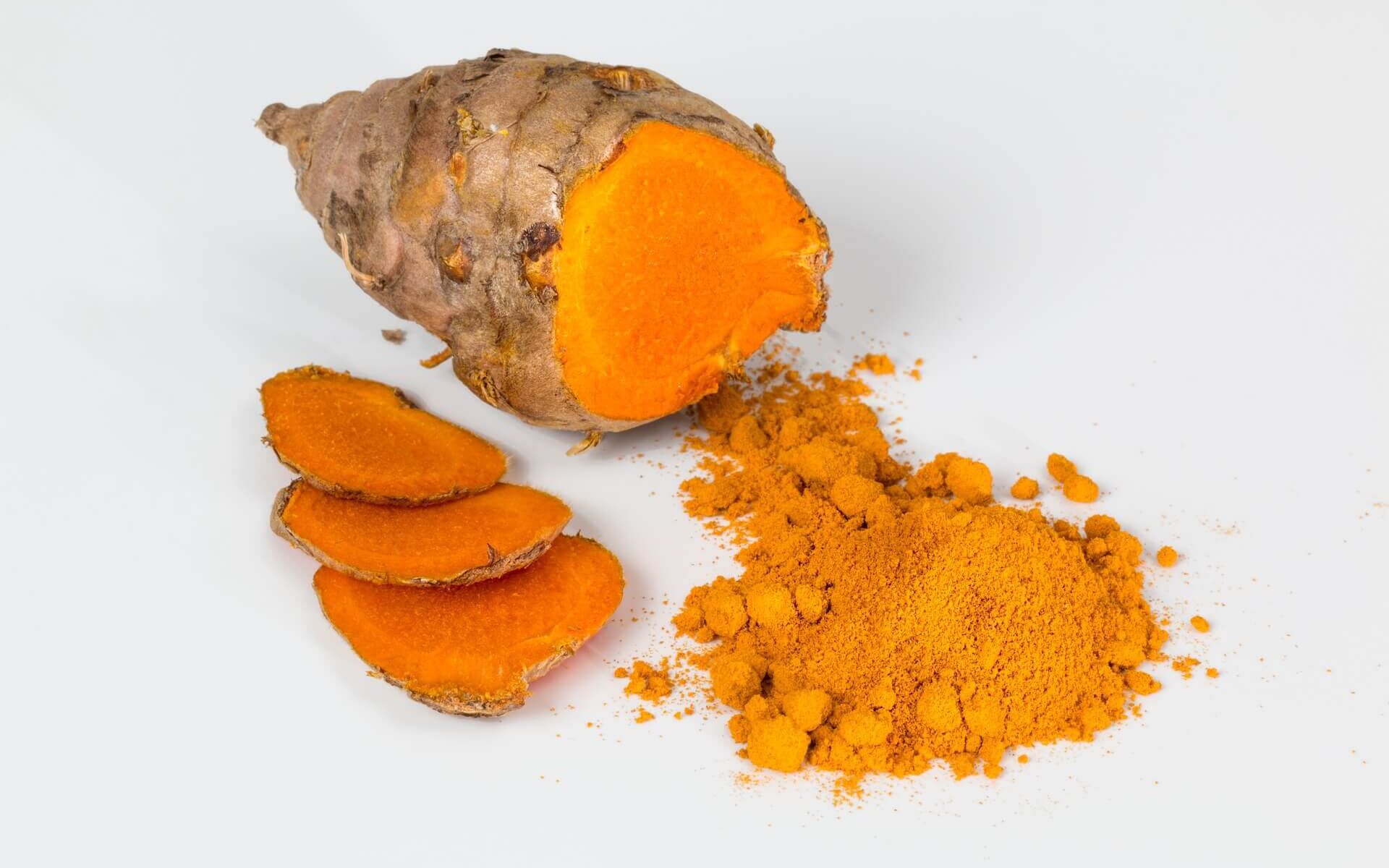
Turmeric is a spice that contains curcumin, which has been shown to have anti-cancer properties. Curcumin can help to prevent the growth and spread of cancer cells.
It may also help to reduce inflammation, which usually plays a role in the development of cancer. Turmeric can be used in cooking food or can be taken with water in the early morning.
Turmeric can be added to curries, soups, or roasted vegetables for a warm, earthy flavour. You can also take it as a supplement, but be sure to talk to your healthcare provider first because every human has a different body type and everyone has different things which may suit or not to their body.
6. Tomatoes
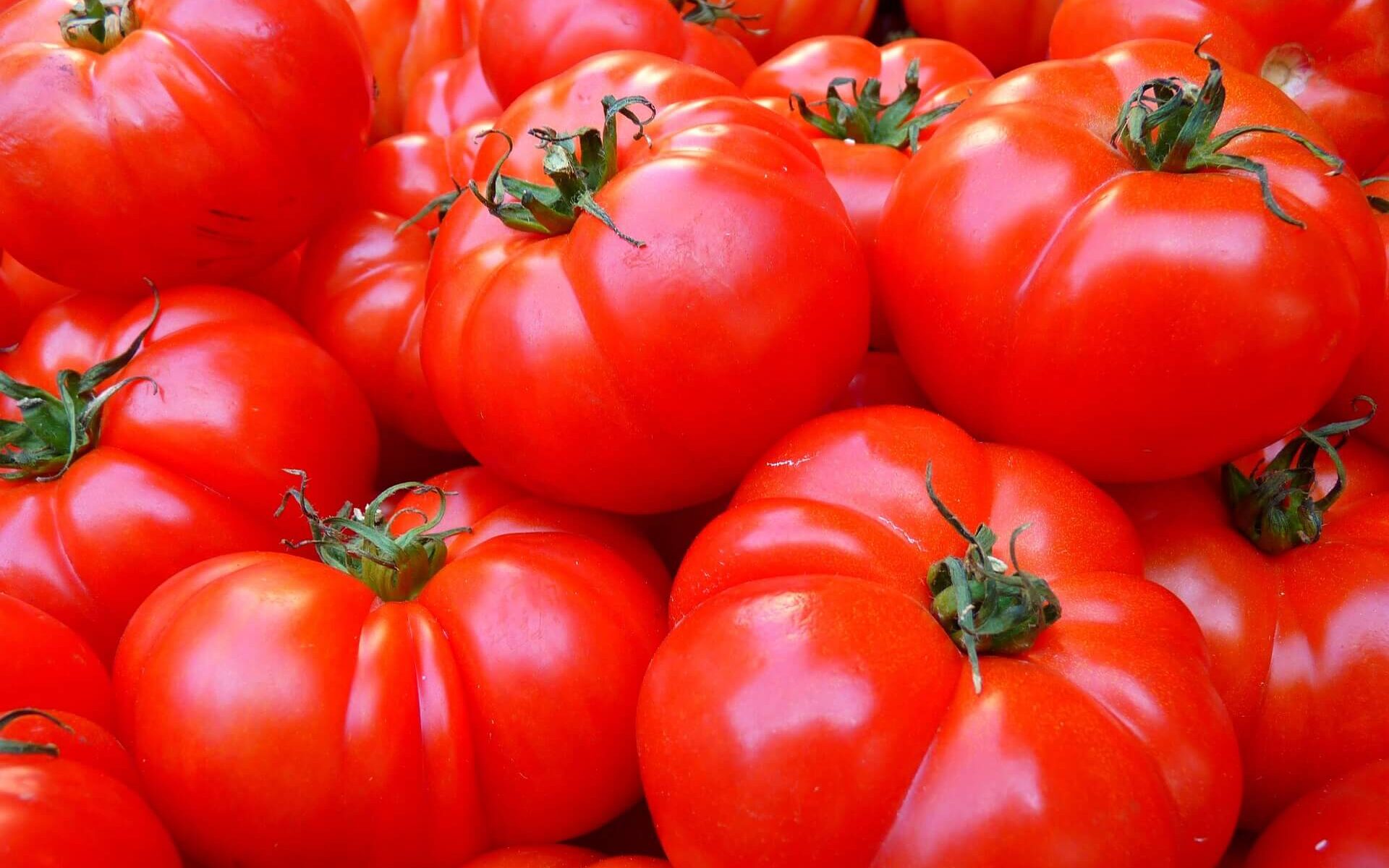
Tomatoes contain lycopene, a powerful antioxidant that can help to protect cells from being damaged and prevent the development of cancer in the body very effectively.
Lycopene which is in tomatoes has been shown to have anti-cancer properties, and it may also help to reduce the risk of heart disease as well.
Tomatoes are also a good source of vitamin C, which can help to boost the immune system. A good immune system helps in fighting various diseases such as cancer too.
Tomatoes are versatile fruits that can be used in a variety of food dishes. Tomatoes can be eaten in various ways like chopped and added to salads, sandwiches, or pasta dishes, or blended into a sauce for pizza or pasta.
7. Nuts and Seeds
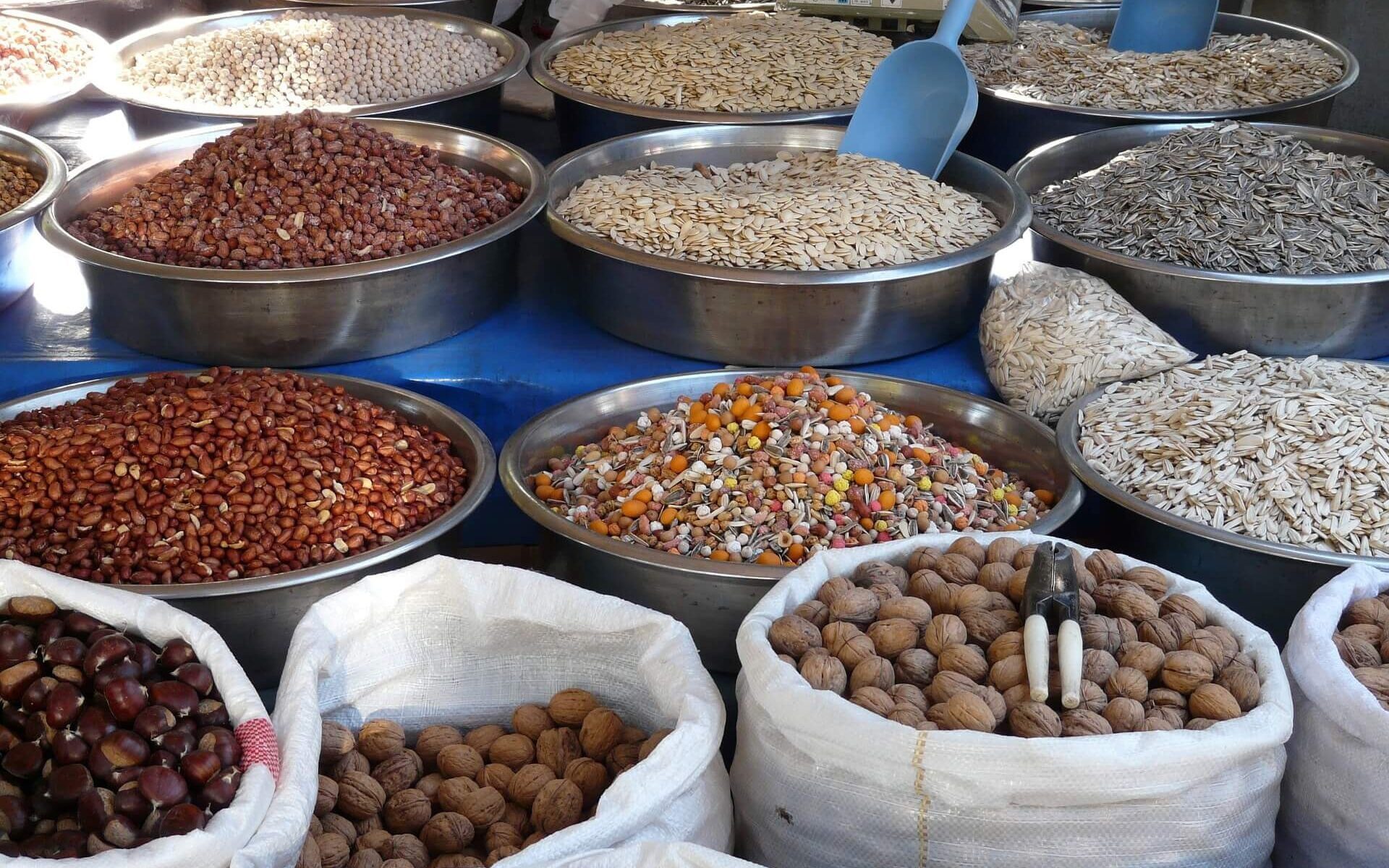
Nuts such as almonds, walnuts, and Seeds such as flaxseeds, are good sources of fibre and healthy fats which must be consumed by everyone daily.
They also contain phytochemicals that have been shown to have anti-cancer properties which fight against cancer-affecting cells effectively.
Seeds like Flaxseeds contain lignans, which can help to reduce the risk of breast cancer, usually seems to be in women aged 50 and above but can be seen in younger ones also.
Nuts and seeds can be eaten as a snack so if you feel hungry at snack time instead of any chips you can have some walnuts and seeds. It can also be added to salads and other healthy dishes to make them more nutritious.
You can also grind them up and add them to your smoothies or baked goods for a boost of nutrition in one go. Nuts such as almonds, walnuts, and raisins can be eaten in the morning while soaking in water at night which has more benefits than the usual dry ones.
In conclusion, there are several foods that can help in preventing cancer mentioned above, including leafy greens, berries, cruciferous vegetables, garlic, turmeric, tomatoes, nuts and seeds. By including these all foods in your diet and eating a healthy, balanced diet overall, you can reduce your risk of developing cancer and improve your overall health and well-being.
What is the best food for cancer prevention?
The best food for cancer prevention include fruits and vegetables such as broccoli, kale, berries, tomatoes, and carrots. Other cancer-fighting foods include whole grains, legumes, nuts, and seeds.
How do these foods help in preventing cancer?
These foods contain antioxidants, vitamins, minerals, and other nutrients that help to prevent DNA damage and inflammation, which are two key factors that can contribute to cancer development n the body. They also promote a healthy immune system, which can help to fight cancer cells.
Should I eat these foods raw or cooked for maximum cancer prevention benefits?
Both raw and cooked forms of these cancer-preventing foods offer benefits. Raw forms may have higher levels of certain nutrients, but cooking can also help to release other nutrients that are more easily absorbed by the body.
Can eating a diet rich in cancer-preventing foods reduce the risk of cancer recurrence?
Yes, research has shown that eating diet-rich food can help to reduce the risk of cancer recurrence and improve survival rates for those who have already been diagnosed with cancer.
Are there any foods that should be avoided to reduce the risk of cancer?
Processed and red meats have been linked to an increased risk of certain cancers, such as colon cancer. It’s best to limit your intake of these types of foods and opt for lean proteins such as chicken, fish, and plant-based sources instead.
Can supplements provide the same cancer-preventing benefits as whole foods?
While supplements can be helpful in some cases, it’s generally recommended to get nutrients from whole foods rather than relying on supplements alone. Whole foods provide a wider range of nutrients that work together synergistically to promote health.
How much of these cancer-preventing foods should I eat daily to reduce the risk of cancer?
It’s recommended to aim for at least 5 servings of fruits and vegetables per day, as well as include whole grains, legumes, nuts, and seeds into your diet daily.
Can cancer-preventing foods also help in preventing other chronic diseases?
Yes, cancer-preventing foods have been shown to also help in preventing other chronic diseases such as heart disease, diabetes, and obesity.
Are there any specific types of cancer that can be prevented through diet?
Research has shown that cancer prevention food can help to reduce the risk of many types of cancer, including breast, colon, prostate, and lung cancer.
Can switching to a cancer-preventing diet also help with weight management?
Yes, many cancer-preventing foods are also low in calories and high in fibre, which can help with weight management and reducing the risk of obesity, which is a risk factor for cancer.

